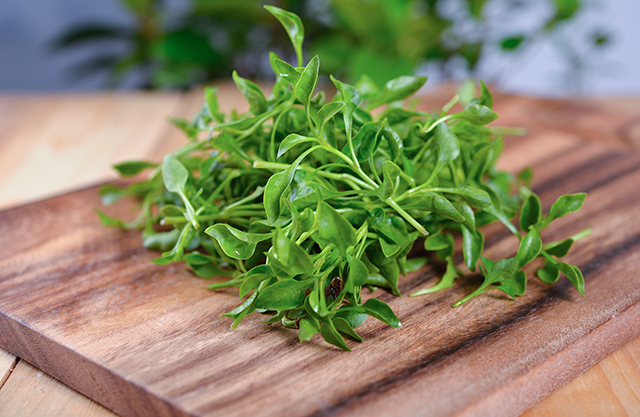How to boost your I.Q. naturally
10/14/2015 / By Chris Draper

Everyone wants to be smarter. According to genetic determinism, however, intelligence is an inherited biological trait. Efforts to boost mental performance only go so far. The moments those efforts stop, we revert back into our limited mindset.
The myth of genetic determinism must be done away with. Contrary to popular belief, intelligence is not a fixed biological trait cemented in time. One of the great revelations of neuroscience is that the brain exhibits plasticity, meaning it can be molded and shaped for the better. Better yet, there are plenty of active steps that you can take to sharpen your mind. Stretch your mental purview to new horizons by implementing these tips.
1. Emotional connections: In order to grow your mind, you must also grow your relations. Human beings are social creatures, meaning we require interaction with other people in order to flourish. We connect with other people through friendship, physical intimacy, romance, marriage and family. As your social circle expands, so too will your happiness, and as your happiness expands, so too will your intelligence.
2. Exercise regularly: Physical health is tied to mental health. Specifically, physical activity induces the growth of capillaries in the brain, which bathes your brain cells in nutrients. This is incredibly important with age, since blood flow decreases as you grow older.
3. Learn how to learn: Learning doesn’t consist of regurgitating a bunch of facts or passively consuming spoonfuls of information. Rather, it consists of putting knowledge into practice. For example, don’t just learn a word a day. Learn how to use that word in everyday conversation. Participating in or even watching Jeopardy! or playing trivia could also be a good way to learn how to learn. These games don’t just require you to regurgitate facts; they require you to think hard in a time span of only a few seconds.
4. Explore the world: The brain requires stimulation in order to thrive. Unfortunately, many people grow disinterested in novelty with age, thereby numbing their senses. We grow accustomed to routines; days blur together. While there is nothing wrong with having a routine, it is important to break out of the ordinary from time to time. To climb out of the pit of familiarity, meet new people, engage in interesting conversations or consider taking adult classes in art, literature, poetry, music or painting.
5. Get enough sleep: Sleep is a basic biological need along with food, water and air. So much so that mosquitoes even sleep, thus illustrating its primal necessity. Scientists do not know why we need to sleep, but they do know we need it in order to function. It literally recharges our batteries. Eight hours of rest is the standard recommendation. If you are restless before bed time, try exercising a couple of hours beforehand or eating sleep-inducing foods like cherries.
6. Eat smart: It sounds trite, but food really is medicine. It is the nourishment that powers our body and mind. Not all calories are created equal, however. Food high in trans fat, calories and sugar will expand your gut and shrink your mind.
Much ink has been spilled on the topic of proper eating. Nevertheless, the maxim “don’t forget to eat your breakfast” deserves to be reinforced. Researchers at the University of Swansea found that failing to eat breakfast impairs the ability to read aloud and recite items backwards.
The best way to keep your mind sharp is to eat small quantities of food throughout the day. Try consuming less trans fat, fried food and sugar. If you don’t know what a well rounded diet consists of, follow the wisdom of food journalist Michael Pollan: “Eat food, not too much, mostly plants.”
The wisdom to be taken from this is that the mind is a terrain just beginning to be explored. We all have the ability to stretch our intelligence to new horizons. The external world is infinitely vast, and your internal world is infinitely deep. Explore uncharted territories in your mind by putting theory into practice today.
Sources include:
(1) Amazon.com
Tagged Under: brain health, cognitive function, intelligence, IQ, natural therapy, nutrition, sleep



















